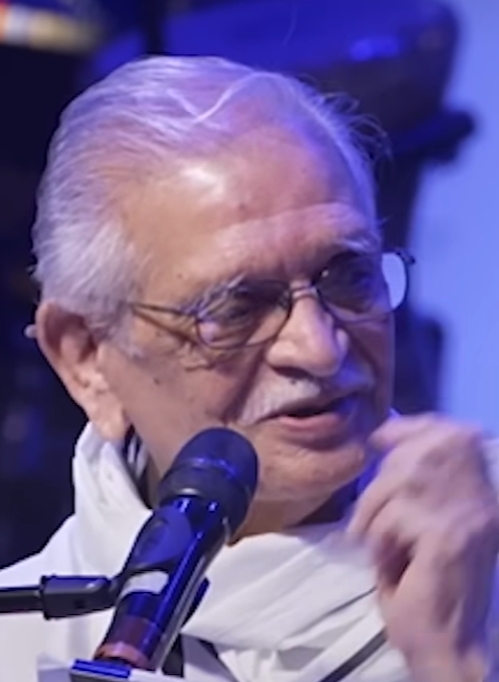
Celebrating the Eternal Muse: Gulzar at 91 ,A Timeless Beacon of Poetry and Prose
On this day, August 18, 2025, the world of Indian literature and cinema pauses to honor a living legend—Sampooran Singh Kalra, better known as Gulzar. Turning 91, Gulzar Sahab remains an indelible force, his words weaving through the fabric of our collective consciousness like the gentle mist of dawn. From the poignant lyrics that have soundtracked generations to poetry that plumbs the depths of human existence, Gulzar’s contributions transcend time. As he once reflected in his verse from Mausam: “Dil dhoonta hai phir wahi fursat ke raat din,” evoking a longing for those leisurely moments where creativity blooms unchecked. Today, we celebrate not just his age, but the ageless spirit that continues to inspire.
Born in 1934 in Dina, a quaint town in Punjab under British India (now Pakistan), Gulzar’s early life was marked by the tumult of Partition. Forced to abandon his studies and migrate to Mumbai, he took on menial jobs, including painting accident-damaged cars at a garage. “I had a knack for colours,” he later reminisced, a talent that metaphorically extended to his literary palette, blending hues of emotion and imagery in his work. Rebuked by his father for pursuing writing, he adopted the pen name Gulzar, shedding his original identity to embrace a destiny etched in verse.
From Humble Beginnings to Literary Luminary
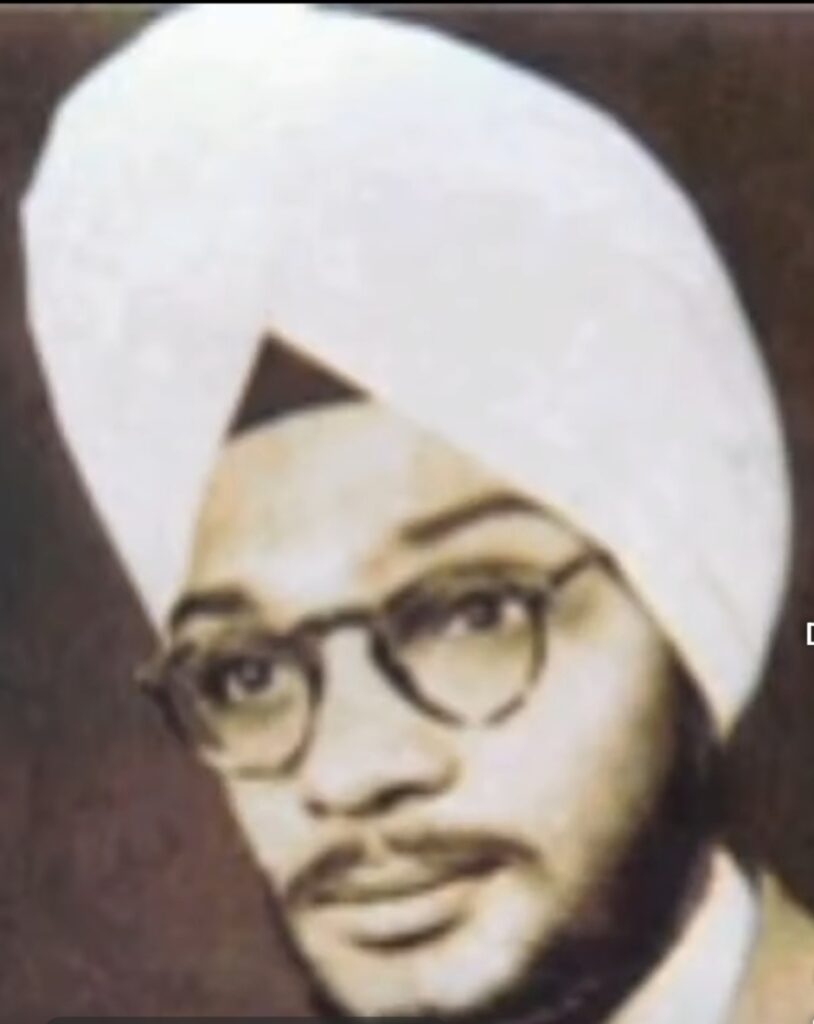
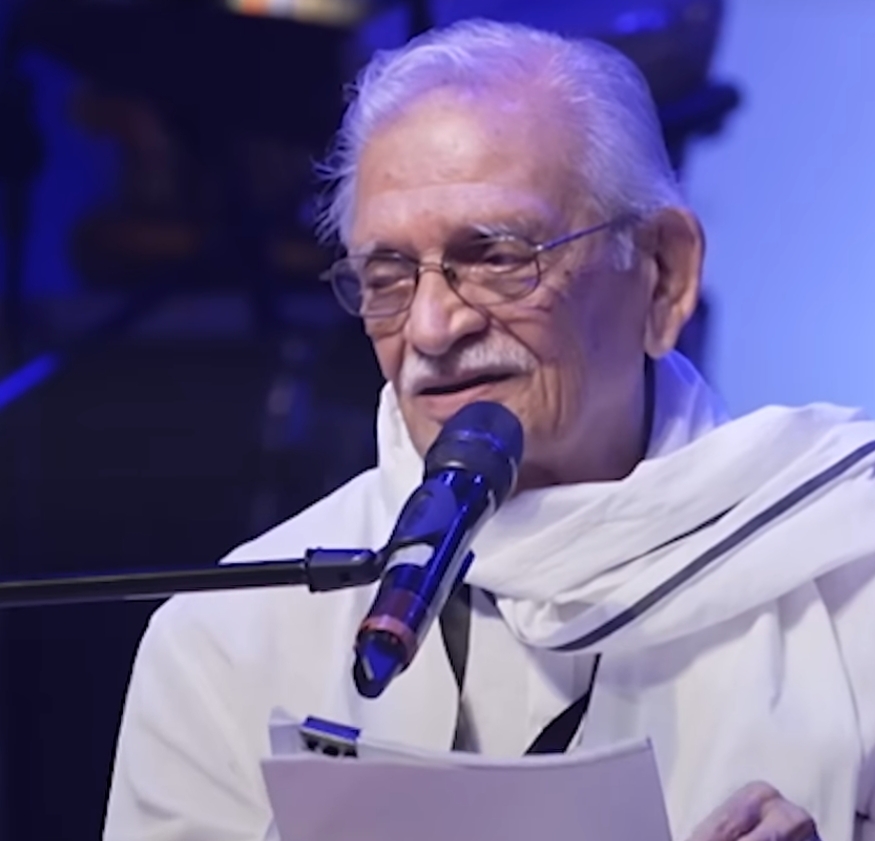
Gulzar’s journey into the arts was serendipitous yet profound. Influenced by translations of Rabindranath Tagore’s works during his school days—a turning point he often recounts—he found solace in literature amid hardship. Balancing his job as a painter with reading, writing, and involvement in the Progressive Writers Association (PWA), he honed a voice that would resonate across languages and mediums.
His debut as a lyricist came in 1963 with Bimal Roy’s Bandini, where “Mora gora rang lai ley, mohe sham rang dai de” captured the ethereal beauty of longing, setting the stage for a career that would redefine Hindi cinema’s lyrical landscape.
Beyond lyrics, Gulzar’s literary contributions form the cornerstone of his legacy. His poetry, often delving into philosophical themes of transcendence and the ineffable nature of time, invites readers to contemplate life’s mysteries. Collections such as Chand Pukhraaj Ka, Raat Pashminey Ki, and Pandrah Paanch Pachattar showcase his mastery of Urdu and Punjabi, employing the innovative Triveni stanza—a three-line form that packs profound insight into brevity. Themes of human relationships entangled in social issues pervade his work, as seen in poems that mix sensory experiences, like evoking the “fragrance of eyes” in “Humne dekhi hai in aankhon ki mehekti khushboo” from Khamoshi.
Gulzar’s prose extends to short stories in Raavi-paar (known as Dustkhat in Pakistan) and Dhuan (Smoke), which earned him the Sahitya Akademi Award in 2002 for their poignant exploration of partition’s scars and everyday human struggles.
His debut novel, Two, originally in Urdu and later translated to English, examines the plight of refugees post-Partition, blending memoir-like introspection with narrative depth. More recently, in 2024, HarperCollins India published Baal-O-Par, a collection of his poems that reaffirms his enduring relevance, capturing the elusive aspects of existence with a sense of spiritual insight.
His foray into children’s literature is equally enchanting. Gulzar penned lyrics and dialogues for beloved TV series like Jungle Book and Alice in Wonderland, collaborating with Vishal Bhardwaj to infuse whimsy and wisdom. Stories for audiobooks in the Karadi Tales series and contributions to the magazine Chakmak demonstrate his ability to speak to young minds, nurturing imagination through playful yet profound tales. He also translated Tagore’s poetry, drawing from collections like Chitra and Sonar Tari, bridging Bengali classics with Hindi readers and preserving cultural heritage.
Cinematic Poetry: Lyrics and Directorial Visions
Gulzar’s synergy with music directors— from S.D. Burman and R.D. Burman to Salil Chowdhury, Vishal Bhardwaj, and A.R. Rahman—produced timeless anthems that mirror life’s complexities. Who can forget the introspective “Tujh se naaraz nahi zindagi, hairan hoon main” from Masoom, a lament on fate’s ironies, or the exuberant “Aanewala pal janewala hai” from Gol Maal, urging us to seize the moment?
His Oscar and Grammy-winning “Jai Ho” from Slumdog Millionaire globalized Indian poetry, while collaborations like the ghazal album Marasim with Jagjit Singh blended classical Urdu with contemporary melody.
As a director, Gulzar crafted films that were literary canvases. Aandhi (1975), inspired by Kamleshwar’s novel, explored political and personal tempests, while Mausam (1975) drew from A.J. Cronin’s The Judas Tree, weaving themes of redemption. His magnum opus, the TV series Mirza Ghalib (1988), brought the Urdu poet’s life to vivid reality, starring Naseeruddin Shah and earning acclaim for its poetic fidelity. Later works like Kirdaar (1993) and adaptations such as Angoor (1982), based on Shakespeare’s The Comedy of Errors, showcased his knack for infusing scripts with lyrical dialogue.
Gulzar’s style—marked by sensory fusion and emotional subtlety—elevates ordinary narratives.
In Ghar, “Aap ki ankhon mein kuchh mehkey hue se raaz hain” paints intimacy with olfactory imagery, a technique that defines his oeuvre.
Accolades: A Crown of Honours
Gulzar’s mantle groans under the weight of accolades, a testament to his multifaceted genius. The Padma Bhushan in 2004 recognized his civilian contributions, while the Dadasaheb Phalke Award in 2013 hailed him as cinema’s pinnacle. He has secured five National Film Awards, 21 Filmfare Awards, an Academy Award, and a Grammy. The Sahitya Akademi Award for Urdu in 2002 and the crowning Jnanpith Award in 2024—India’s highest literary honour—affirm his indelible mark on literature. Presented at his Bandra residence earlier this year, the Jnanpith celebrates his “outstanding contribution to Indian literature and the world of Urdu,” as noted by the selection committee.
Family, Legacy, and Enduring Inspiration
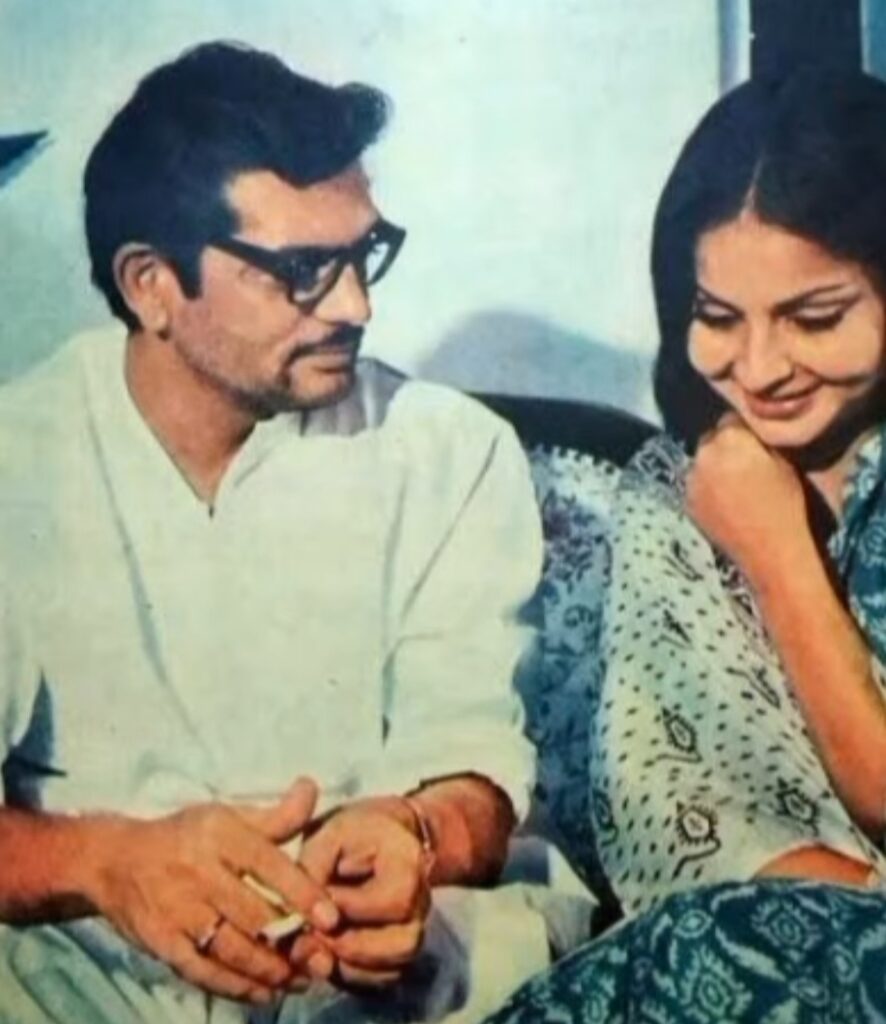
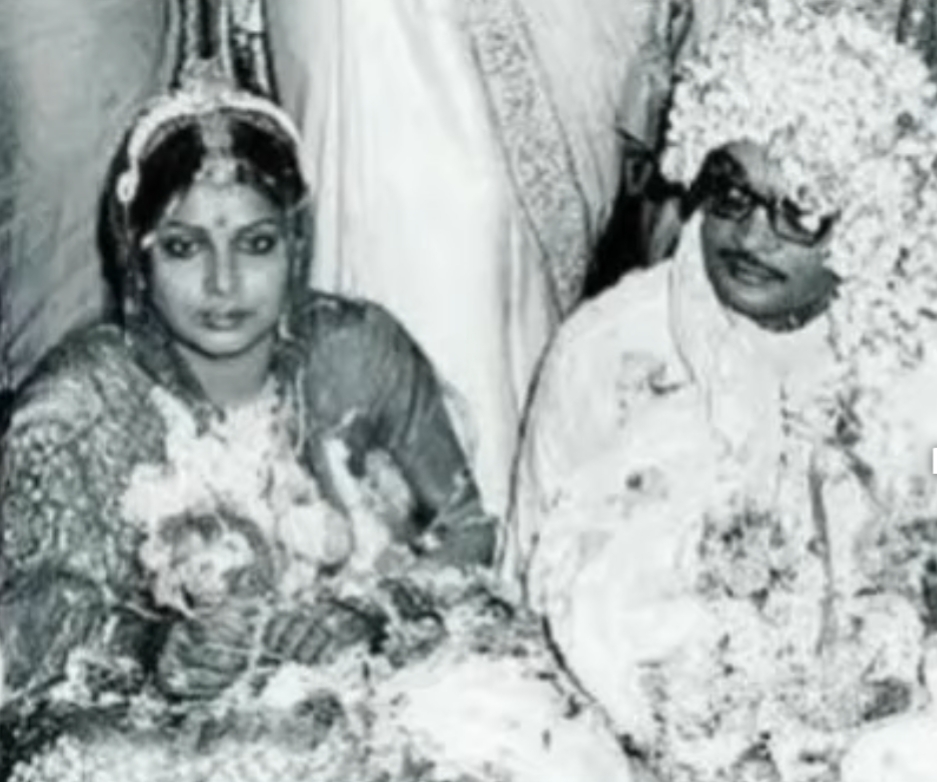
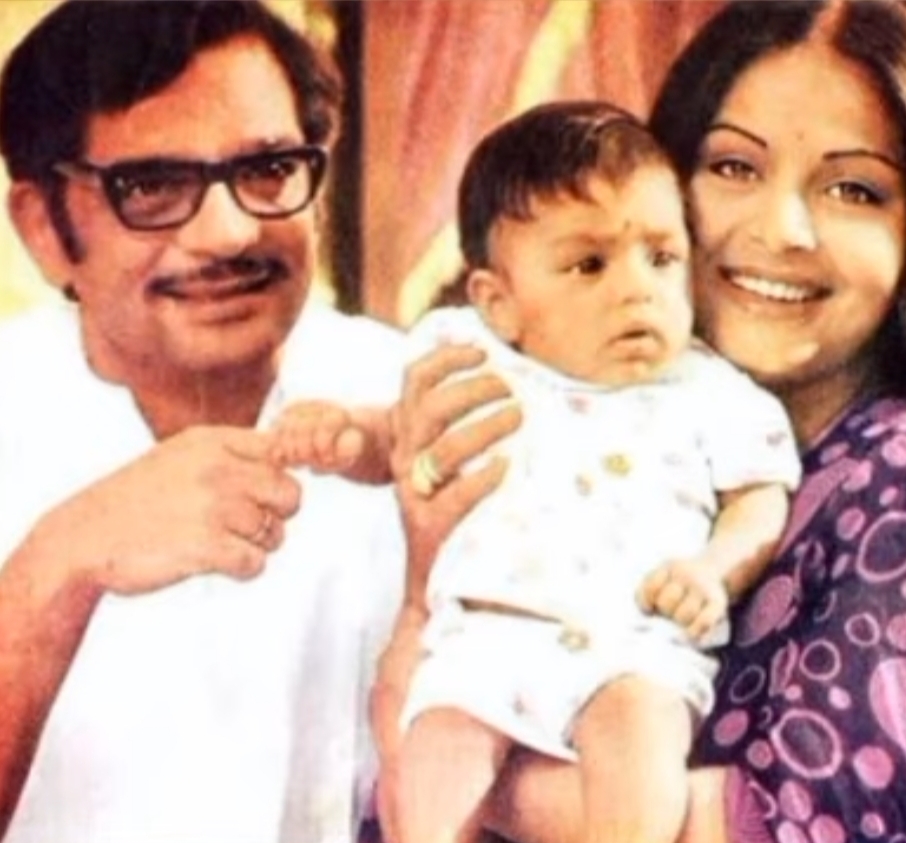
Married to actress Raakhee, Gulzar shares a creative bond with daughter Meghna Gulzar, an acclaimed director of films like Raazi and Chhapaak, for which he penned lyrics. Meghna’s 2004 biography of her father offers intimate glimpses into his world, underscoring a legacy passed through generations.
At 91, Gulzar remains prolific, his poetry a “living medium,” as he described in a recent interview.
His works for peace initiatives, like the anthem “Nazar Main Rehte Ho” for Aman ki Asha, promote harmony across borders. Through memoirs like Actually… I Met Them and anthologies such as A Poem a Day—where he translates Indian poetry—Gulzar continues to unite hearts.
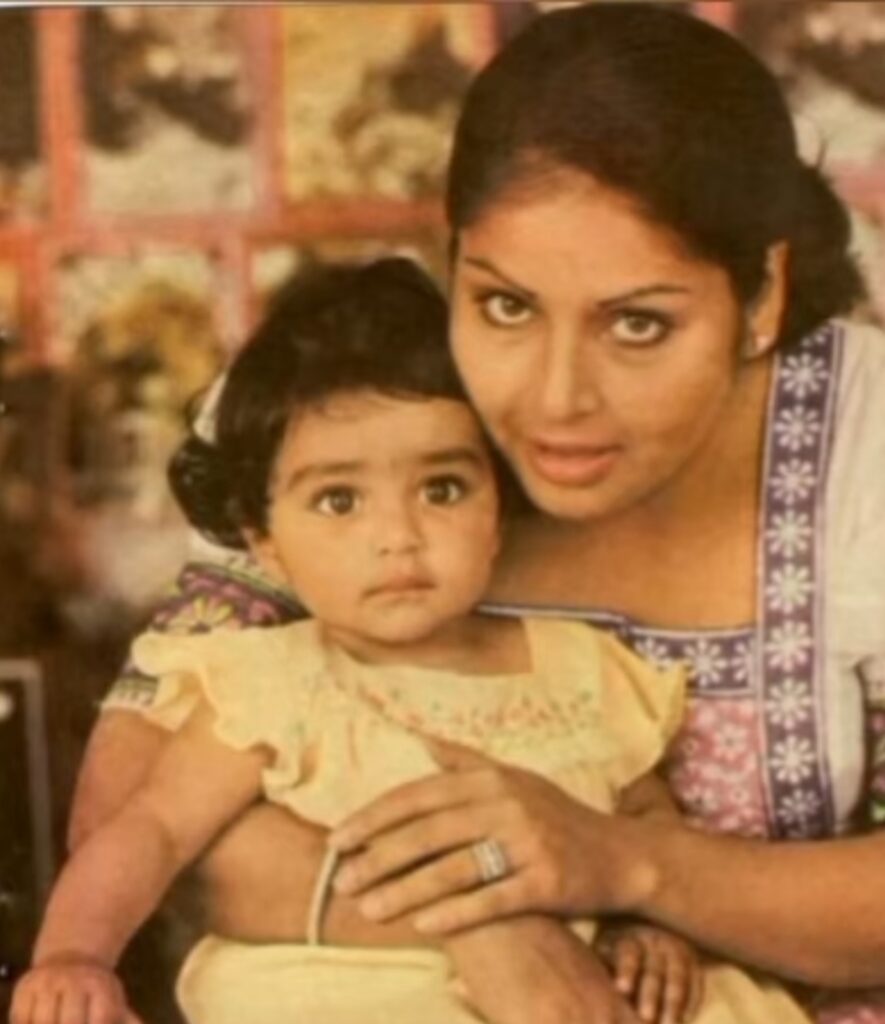
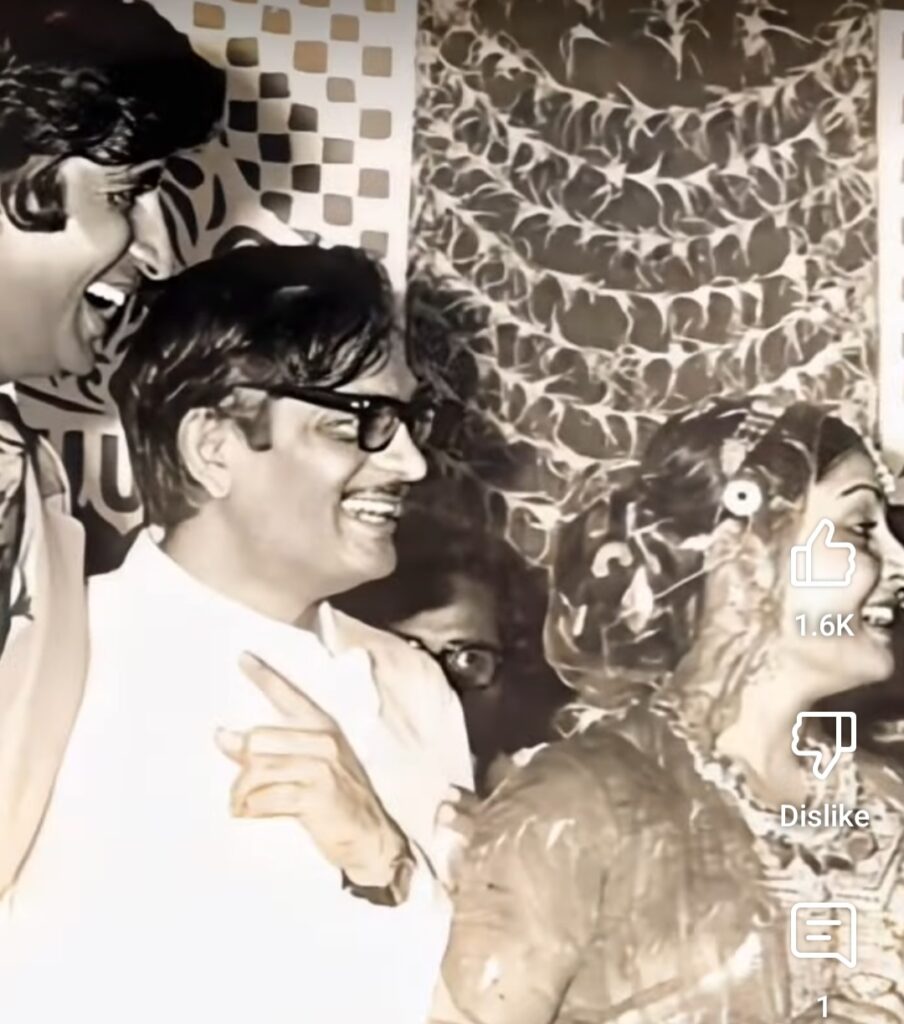
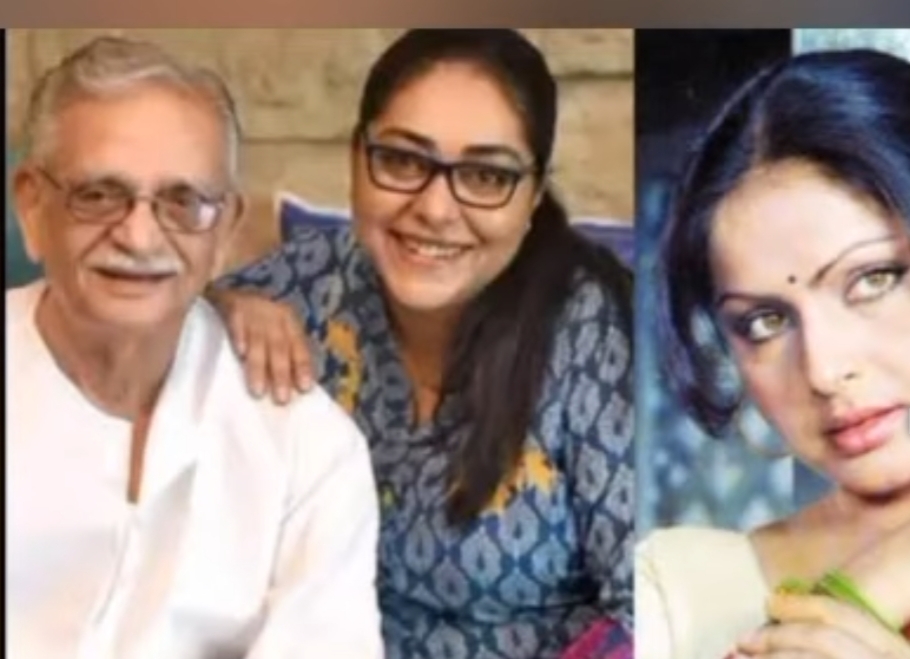
In essence, Gulzar is more than a poet; he is the whisper of rain on parched earth, the melody in silence. As he poignantly wrote in Aandhi: “Tum aagaye ho, noor aagaya hai.” His light illuminates us all, ensuring his legend endures eternally.
Hasnain Naqvi is a former member of the history faculty at St. Xavier’s College, Mumbai
ALL PICTURES CREDIT TO SOCIAL MEDIA,YT





